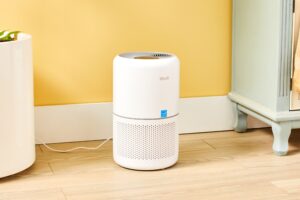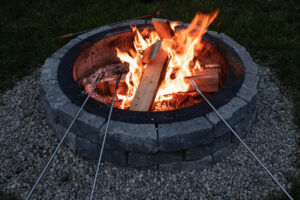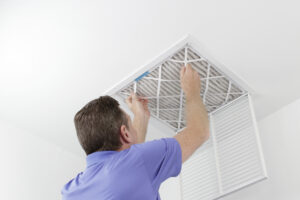Let’s tackle a topic that is as important as it is underrated: appliance safety. Yep, those trusty gadgets we rely on day in and day out can sometimes be sneaky little hazards if we’re not careful. But fear not, because we’ve got your back with some essential tips to keep your home and family safe from appliance mishaps. So grab your favorite mug of tea (or coffee, we don’t judge), and let’s dive in!
Check Those Cords and Plugs
First things first – let’s talk cords and plugs. You know those frayed cords or loose plugs you’ve been ignoring? Yeah, those are not your friends. They’re like little ticking time bombs just waiting to cause a spark – literally. So, take a quick scan of all your appliances and give those cords and plugs a once-over. If you spot any damage, it’s time to say goodbye and invest in some shiny new replacements. Trust us, it’s a small price to pay for peace of mind.
Keep ‘Em Clean
Next up, let’s chat about cleanliness. We get it – cleaning your appliances isn’t exactly the most thrilling task on your to-do list. But here’s the thing: dirt and grime buildup can not only affect your appliance’s performance but also pose a fire hazard. Yikes! So, make it a habit to give your appliances a regular wipe-down with a damp cloth and some mild detergent. Your appliances (and your home) will thank you for it!
Mind Those Filters
Ah, filters – the unsung heroes of our appliances. Whether it’s your dryer, your air conditioner, or your stove hood, chances are they all have filters that need some love and attention. But here’s the kicker: if you neglect those filters, they can become clogged with dust and debris, restricting airflow and potentially causing overheating. No bueno! So, make sure you’re cleaning or replacing those filters according to the manufacturer’s instructions. Your appliances will run more efficiently, and you’ll reduce the risk of any nasty surprises.
Watch Out for Overloading
We’ve all been there – trying to cram one more towel into the washing machine or one more dish into the dishwasher. But here’s the thing: overloading your appliances can put a serious strain on their motors and electrical systems, increasing the risk of breakdowns or even fires. So, resist the urge to play appliance Tetris and stick to the recommended load capacities. Your appliances will thank you for it – trust us.
Don’t Ignore Strange Sounds or Smells
Listen up, folks – your appliances have ways of telling you when something’s not quite right. Strange sounds, weird smells, or unexpected sparks are all red flags that something’s amiss. So, if your dishwasher starts making a clunking noise or your microwave starts emitting a funky odor, don’t just brush it off – investigate! It could be a sign that something needs fixing, and ignoring it could lead to bigger problems down the line.
Keep ‘Em Away from Water
Last but certainly not least, let’s talk about water and appliances – they’re like oil and water, they just don’t mix. Whether it’s your toaster, your blender, or your hair dryer, water and electricity are a recipe for disaster. So, make sure you’re keeping your appliances away from any sources of water, and never ever use them if they’re wet or if your hands are wet. It might seem like common sense, but you’d be surprised how many accidents happen because of a simple slip-up.
Conclusion: Safety First, Always
So there you have it, folks – some essential tips to keep your home and family safe from appliance mishaps. From checking cords and plugs to keeping things clean and watching out for warning signs, a little bit of precaution goes a long way. So go ahead, put these tips into action, and enjoy some peace of mind knowing that your appliances have got your back – as long as you’ve got theirs too!
Remember, when it comes to appliance safety, it’s better to be safe than sorry. So take a few minutes out of your day to give your appliances a quick once-over – your home and family will thank you for it!









